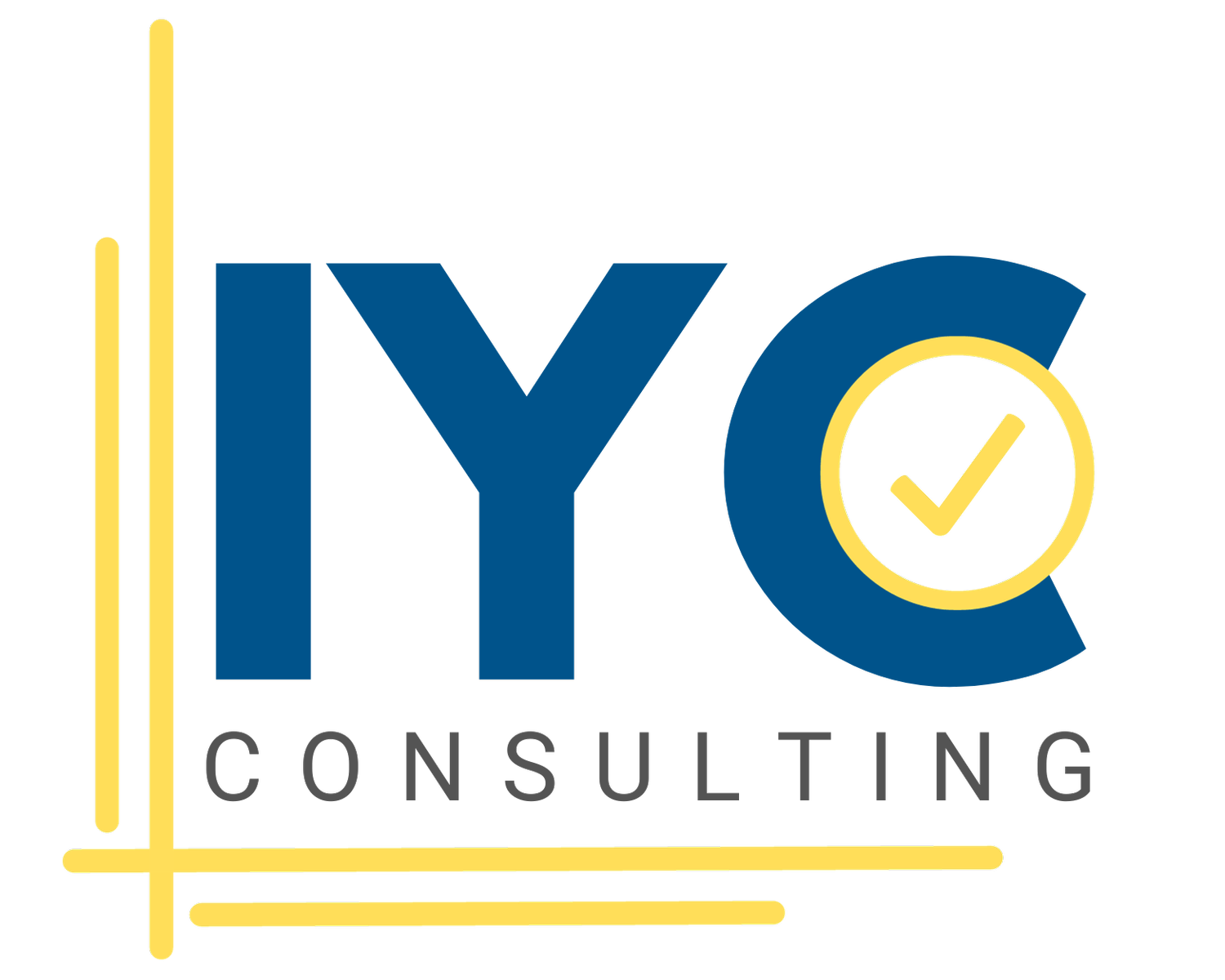Navigating the Maze: Developing and Reviewing Home Health Care Compliance Policies
In the dynamic field of home health care, compliance transcends mere legal obligation—it is the cornerstone of operational excellence and ethical integrity. This blog post offers a detailed exploration of the importance of developing and reviewing compliance policies that uphold high standards of care and adapt to the evolving regulatory environment.
The Crucial Role of Robust Compliance Policies
Home health care agencies face a labyrinth of regulations that dictate every aspect of their operations. Effective compliance policies are not just necessary for legal conformity but are instrumental in laying a strong foundation for the agency. They enable agencies to deliver services that are both ethical and compliant with the highest standards of health care regulations.
Understanding and Adapting to Regulatory Requirements
To navigate the complex regulatory waters, a thorough understanding of federal, state, and local regulations is imperative. These regulations are subject to frequent changes, making it vital for agencies to remain vigilant and informed. Compliance policies should be regularly updated to reflect these changes, ensuring that the agency’s practices are always aligned with the latest legal requirements.
"Effective compliance policies are not just necessary for legal conformity but are instrumental in laying a strong foundation for the agency. They enable agencies to deliver services that are both ethical and compliant with the highest standards of health care regulations.”
Incorporating Industry Best Practices
Just as industries evolve, so too should the practices of home health care agencies. Incorporating industry best practices into compliance policies is essential for maintaining a competitive edge and enhancing the quality of care. These practices serve as benchmarks for operational excellence and client service.
Tailoring Policies to Fit Specific Needs
Every home health care agency has its unique set of services, client demographics, and operational structures. It is crucial that compliance policies are customized to address these specific needs, ensuring that the agency's operations are both efficient and effective.
The Continuous Process of Policy Review and Update
Compliance is not a static achievement but a continuous journey. As regulations change and new challenges emerge, regular reviews and updates of compliance policies are necessary. This ongoing process helps prevent compliance drift and ensures that the agency remains aligned with current laws and best practices.
Regular Audits and Employee Training
Regular audits are an essential tool for identifying areas needing improvement and for updating policies accordingly. Similarly, ongoing training and engagement of employees in compliance practices ensure that the entire team is competent and well-versed in the latest regulatory requirements and operational standards.
Feedback Mechanism for Continuous Improvement
Encouraging feedback from both employees and clients is crucial for continuous improvement. This feedback provides valuable insights into the effectiveness of existing policies and practices, highlighting areas for potential enhancement.
Conclusion
The journey of compliance in home health care is one of continuous improvement and diligent adaptation. Developing and reviewing compliance policies is not merely about adhering to regulations—it’s about fostering a culture of integrity and excellence. By prioritizing comprehensive and dynamic compliance strategies, home health care agencies not only ensure their survival but thrive, providing high-quality care in a complex regulatory landscape.
Through a meticulous approach to compliance, home health care agencies can safeguard their reputation and enhance their service delivery, ultimately succeeding in the vital mission of caring for those in need.

